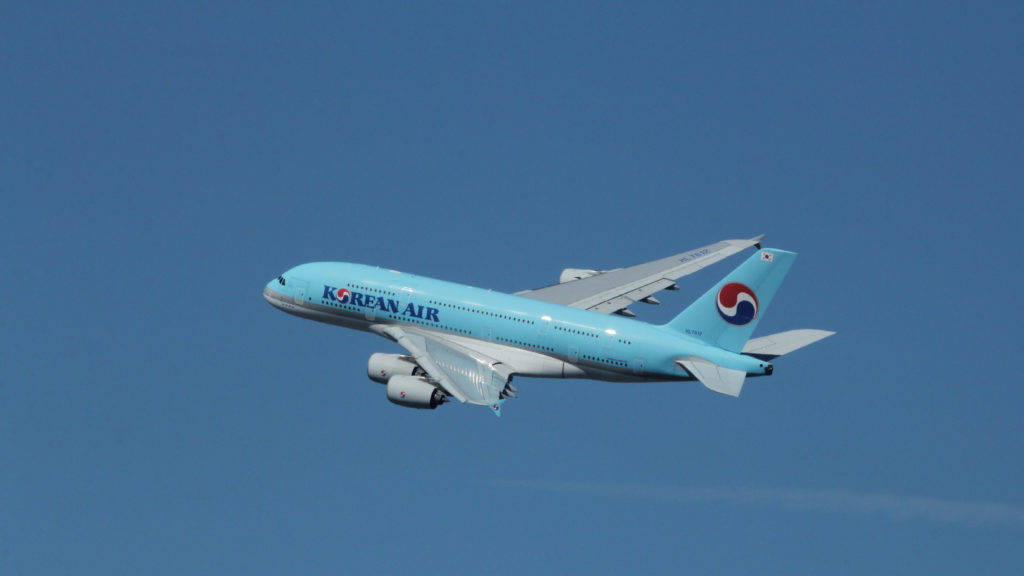The Peninsula
Migrant Workers Face Discrimination
Published July 21, 2020
Category: South Korea

This briefing comes from Korea View, a weekly newsletter published by the Korea Economic Institute. Korea View aims to cover developments that reveal trends on the Korean Peninsula but receive little attention in the United States. If you would like to sign up, please find the online form here.
What Happened
- Last week, South Korea began requiring incoming travelers from Bangladesh, Pakistan, Kazakhstan, Kyrgyzstan, Uzbekistan, and the Philippines to submit negative coronavirus tests when picking up their plane tickets. Flights from those countries are also limited to 60 percent capacity.
- Coronavirus cases from overseas remain a persistent problem, with a four-month high of 43 cases reported on July 13. On the same day, U.S. Forces Korea reported 11 new coronavirus cases among American service members.
- Health officials attributed the rise in imported cases to Korean factories hiring foreign workers, but the city government of Pyeongtaek, home to the largest overseas U.S. military base, is calling for American soldiers to also be tested before arrival.
Implications: South Korea reveals its foreign policy preferences through its differentiated treatment of U.S. nationals compared to citizens of other countries in its ongoing effort to address the public health challenge. While American service members make up a substantial number of South Korea’s imported coronavirus cases, the South Korean government has not taken any actions to restrict their travel into the country. This contrasts the response in Okinawa where a rapidly growing outbreak among American servicemembers prompted Governor Danny Tamaki to demand tougher preventative measures from the U.S. military. Meanwhile, migrant workers from other Asian countries have faced tougher scrutiny.
Context: The countries targeted by the new pre-arrival testing requirement were described by the government as high-risk, but the list does not include the United States, India, Brazil, or Russia, which have the world’s largest coronavirus outbreaks. Instead, the list appears focused on countries with coronavirus problems that also send significant numbers of migrant workers to Korea. Vietnam, Thailand, and China, which have large numbers of citizens working in South Korea but are not facing high levels of virus transmission, were not affected by the new restriction.
Korea View was edited by Yong Kwon with the help of James Constant and Sonia Kim.
Picture from flickr user ƒliçkrwåy
